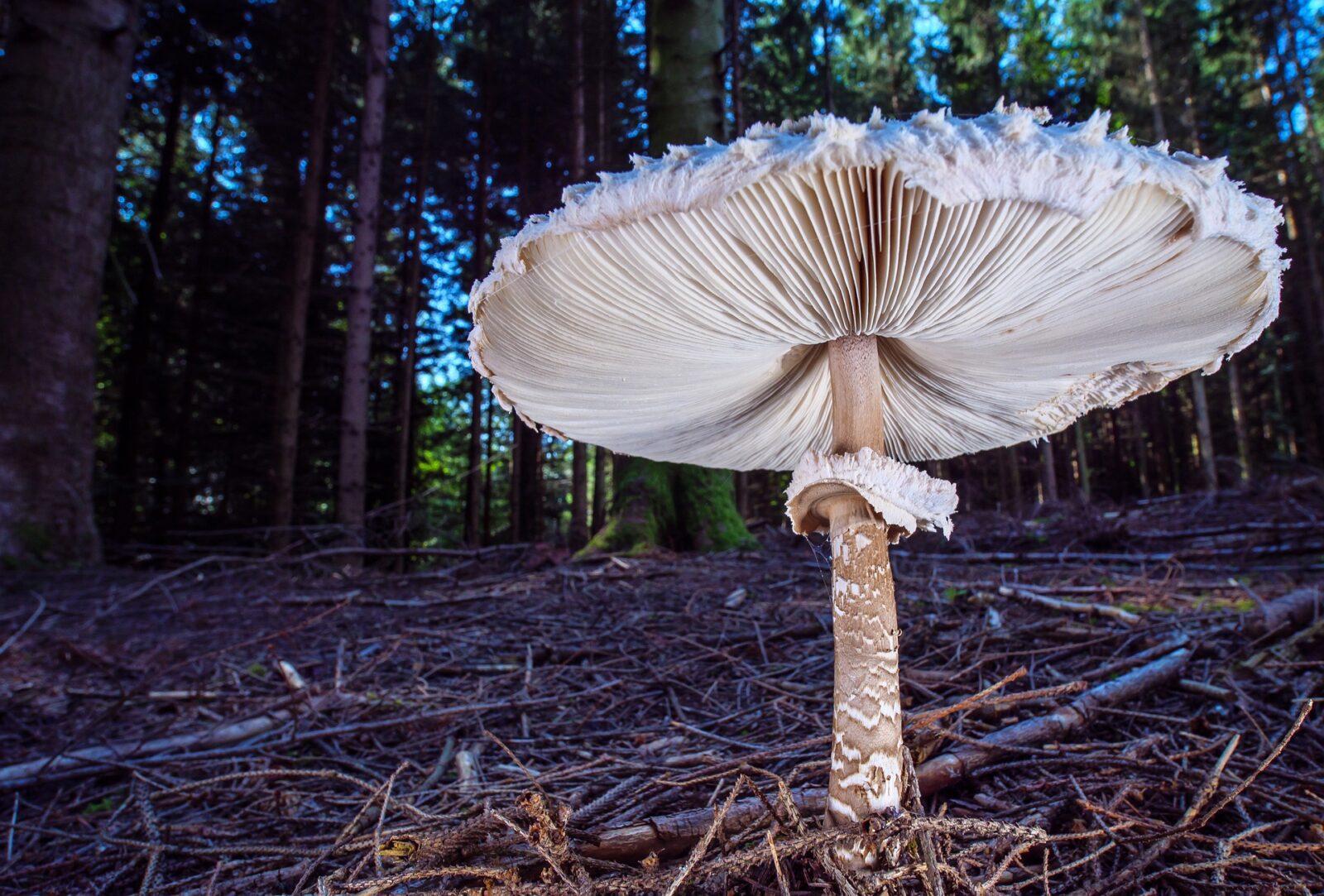Experts have discovered something unique deep beneath the ice-covered Arctic Ocean. Large sponge gardens manage to survive and even grow on the remnants of extinct creatures in the absence of light.
During an expedition to the area in September and October 2016, researchers discovered this surprising oasis beneath the ice aboard the renowned polar research vessel RV Polarstern. The experts’ findings were reported in Nature Communications.
The more than 300-year-old sponges, found on the peaks of ancient underwater volcanoes, appear to share the location with other creatures that aid in their growth.
“Our analysis revealed that the sponges have microbial symbionts that are able to use old organic matter,” explains first-author Teresa Morganti, a sponge expert from the Max Planck Institute for Marine Microbiology in Bremen. “This allows them to feed on the remnants of former, now extinct inhabitants of the seamounts, such as the tubes of worms composed of protein and chitin and other trapped detritus.”
Scientists determined that millennia ago, substances leaking from the interior of the seafloor sustained a vibrant ecosystem that supported a broad diversity of species, by examining photos acquired by a towed camera and sonar equipment, as well as samples gathered during the mission. The organisms’ remains lingered after they died out. They’ve now become the foundation of this unusual sponge garden.
“The microbes have the genes to digest refractory particulates and dissolved organic matter and use it as a carbon and nitrogen source, as well as a number of chemical energy sources available there,” explains Ute Hentschel of the GEOMAR Helmholtz Centre for Ocean Research in Kiel, who led the team that conducted the microbiological analyses.
The uniqueness of this environment is what makes it rather amazing. This may be the first instance that such sponge-like soil has been identified in the Arctic. They now emphasize the need for more research into this habitat in order to better conserve “the unique diversity of these Arctic seas under pressure” from the climate change.












Leave a Reply